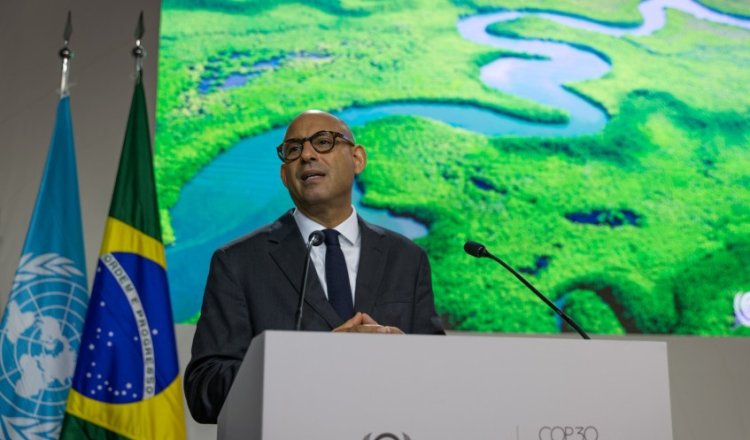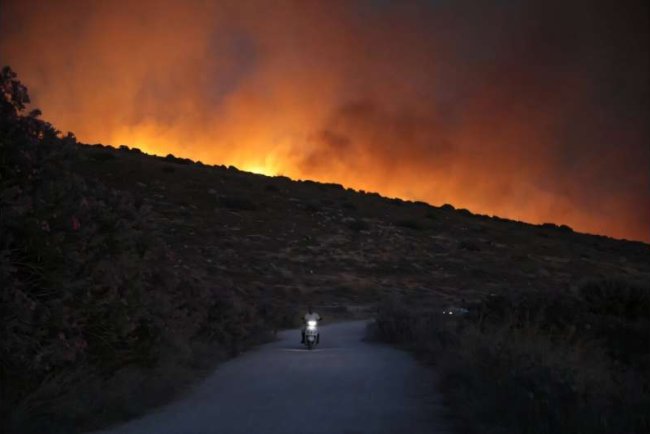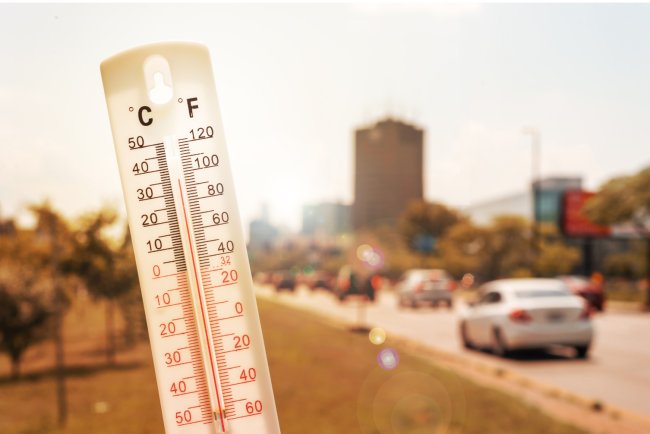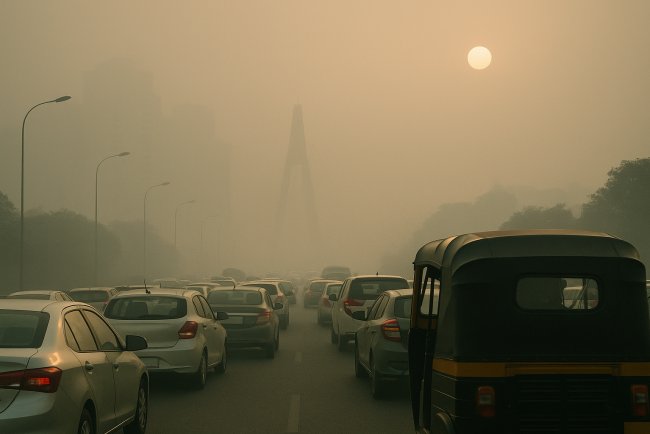We Can & Must Bring Temperatures Back to 1.5°C: UN Climate Chief at COP30
The Amazon isn’t a single entity, rather a vast river system supported and powered by over a thousand tributaries, he says

The emissions curve has been bent downwards. We must move much faster on both the reduction of emissions and strengthening resilience. As per the science, we can and must bring temperatures back down to 1.5 °C after any temporary overshoot, said UN Climate Change Executive Secretary Simon Stiell at the opening plenary of COP30 in Belém, Brazil.
Speaking in Belém at the gateway to the Amazon, Stiell drew inspiration from the location itself. “We find ourselves here in Belém, at the mouth of the Amazon. And we can learn a lot from this mighty river,” he said. “The Amazon isn’t a single entity, rather a vast river system supported and powered by over a thousand tributaries.”
Using the Amazon as a metaphor for global cooperation, he continued, “To accelerate implementation, the COP process must be supported in the same way – powered by the many streams of international cooperation. Because individual national commitments alone are not cutting emissions fast enough.”
He urged countries not to delay action, stressing, “We don’t need to wait for late NDCs to slowly trickle in, to spot the gap and design the innovations necessary to tackle it.”
Highlighting the economic and humanitarian costs of inaction, Stiell warned, “Not one single nation among you can afford this, as climate disasters rip double-digits off GDP. To falter whilst mega-droughts wreck national harvests, sending food prices soaring, makes zero sense, economically or politically.” Further he added, “To squabble while famines take hold, forcing millions to flee their homelands, this will never be forgotten, as conflicts spread. While climate disasters decimate the lives of millions, when we already have the solutions, this will never, ever be forgiven.”
Stiell highlighted that acting on climate change also makes strong economic sense, “The economics of this transition are as indisputable as the costs of inaction. Solar and wind are now the lowest-cost power in 90 percent of the world. Renewables overtook coal this year as the world’s top energy source. Investment in clean energy and infrastructure will hit another record high this year – with investments in renewables outstripping fossil fuels 2 to 1. “So, what needs to be decided here in Belém to match the opportunities, with the scale of the crisis we face?”
He reminded participants about the promises and said it’s time to act. “Because we have already agreed that we will transition away from fossil fuels. Now’s the time to focus on how we do it fairly and orderly. Focusing on which deals to strike, to accelerate the tripling of renewables and doubling energy efficiency.”
He continued, “We have already agreed to deliver at least 300 billion in climate finance, with developed countries taking the lead. We now need to put the Baku to Belém Roadmap to work. To start moving towards the 1.3 trillion.”
Stiell also highlighted the importance of progress on adaptation, stating, “We have already agreed a global goal on adaptation. We now need to agree on the indicators that will help speed up implementation, to unleash its potential.”
Reiterating inclusivity, he said, “We have already agreed that transition pathways must be inclusive and just - covering whole economies and societies. Now we must agree on concrete steps to turn aspirations into actions.”
He called for technological deployment to begin immediately, declaring, “We have already agreed on a Technology Implementation Programme. Now let’s set it in motion.”
Stiell stressed that strong, tangible results from COP30 were essential. “Strong and clear outcomes on all of these issues are essential. This is how we signal to the world that climate cooperation is delivering results,” he said.
He urged that negotiations be closely linked to real-world implementation: “In Belém, we’ve got to marry the world of negotiations to the actions needed in the real economy.”
His message on urgency was clear and uncompromising. “The Action Agenda is not a ‘nice-to-have’ – it is mission-critical. More than that, it is entirely in every nation’s enlightened self-interest to do so.”
Explaining the benefits of climate action, Stiell stated, “Every gigawatt of clean power cuts pollution and creates more jobs. Every action to build resilience helps save lives, strengthen communities, and protect the global supply chains that every economy depends on.”
He described this as the “growth story of the 21st century”, calling it “the economic transformation of our age.” He added, “Those opting out or taking baby-steps face stagnation and higher prices, while other economies surge ahead.”
Stiell delivered a clear call to unity: “In this arena of COP30, your job here is not to fight one another – your job here is to fight this climate crisis, together. Paris is working to deliver real progress. Let’s not forget that we must strive valiantly for more.”
Source: UNFCC
What's Your Reaction?

















